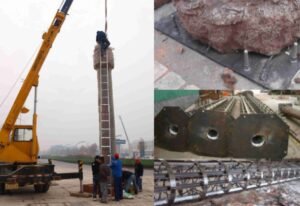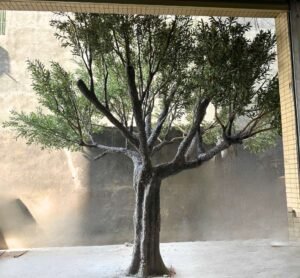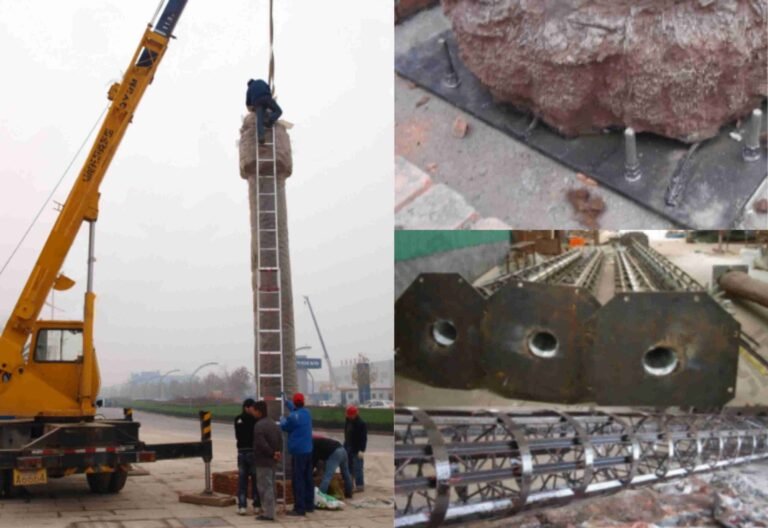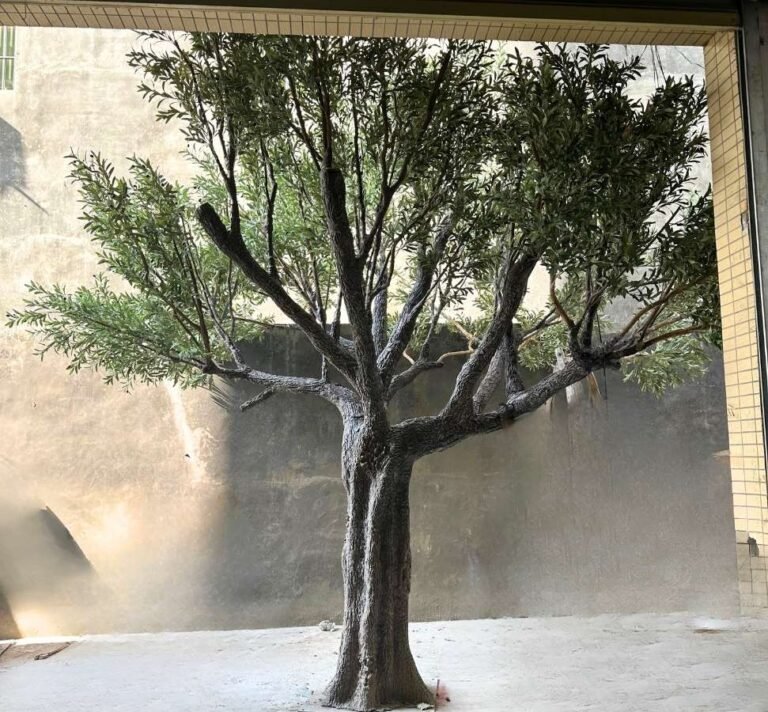Choosing the wrong artificial tree can ruin the look and waste your budget. In my experience with hotels, theme parks, and villas, success comes down to three things: your project type, your location, and your budget. This guide breaks it down—so you can avoid costly mistakes and order with confidence.
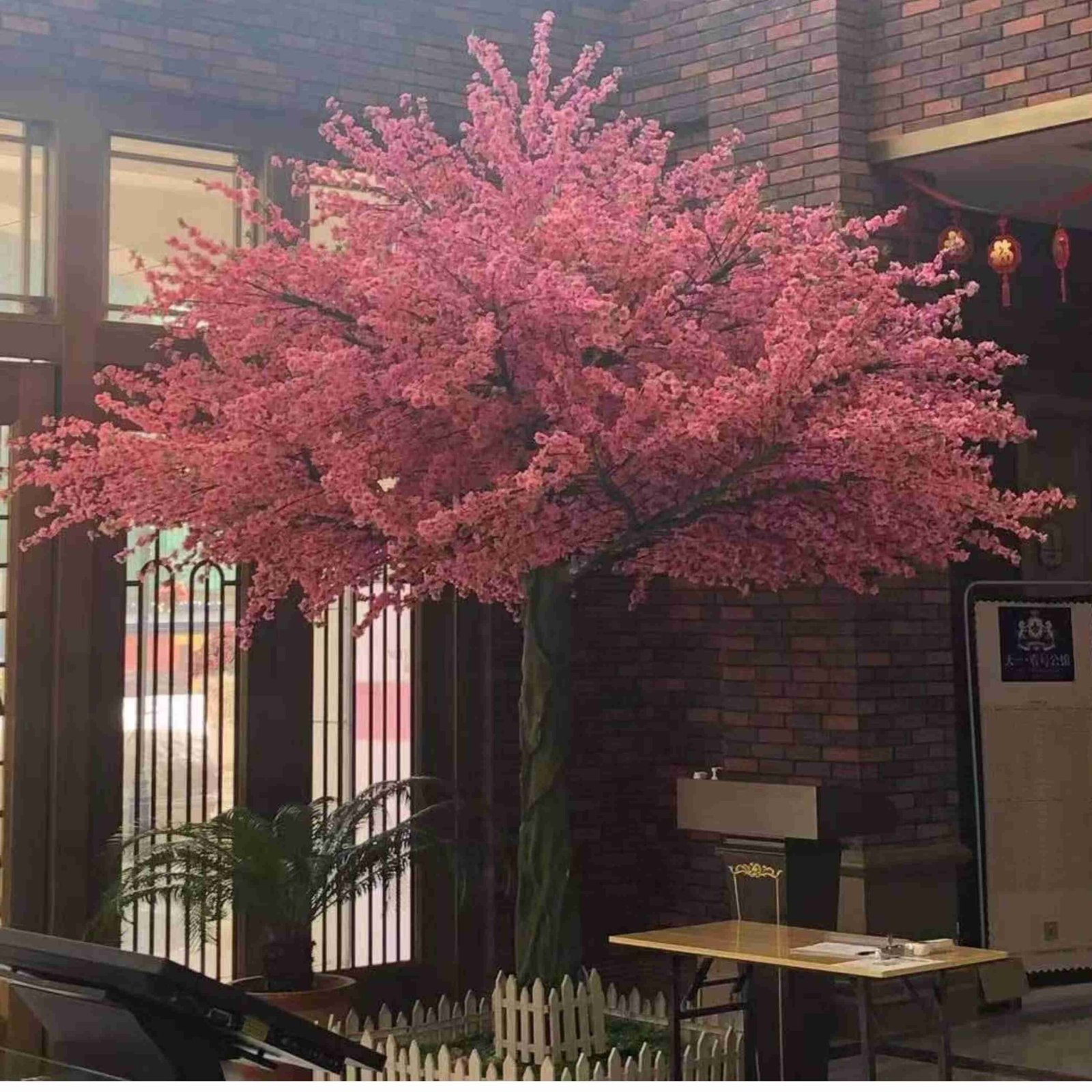
Scroll with purpose. Here’s what you must know to avoid costly mistakes when choosing artificial trees for your project.
Why Project Type Matters: Matching the Right Tree to the Right Space
One size never fits all—especially in commercial landscaping.
A retail entrance needs a different tree than a rooftop café. Each project type has its own demands.
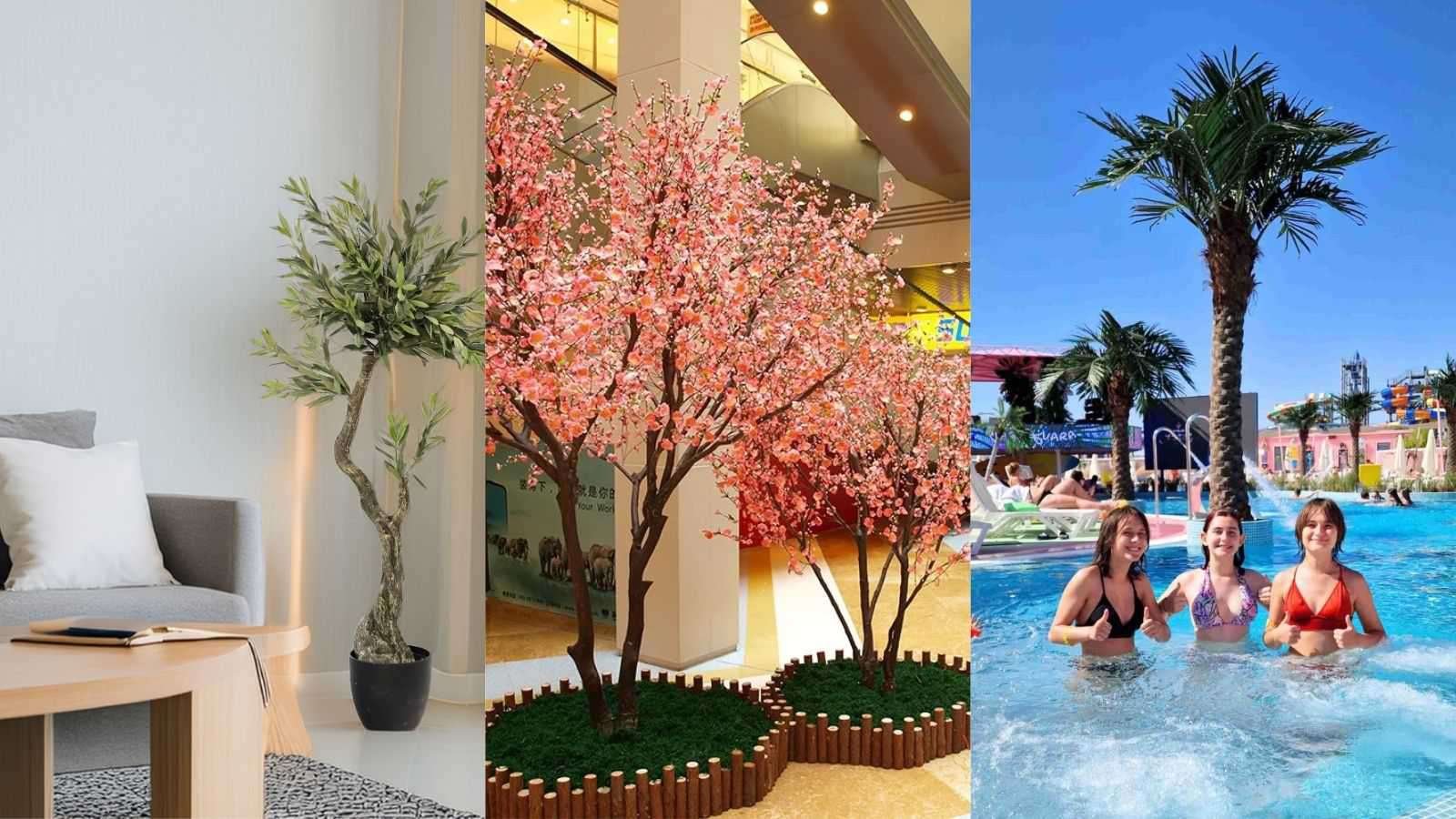
I once worked on a boutique hotel that wanted a giant artificial banyan tree in its 2.5-meter-high lobby. It looked great in the render—but blocked all the lighting when installed. We had to cut it down and rework everything. Lesson learned: pick the tree after measuring the space.
Match Form to Function
| Project Type | Recommended Tree Height | Foliage Color | Material Treatment |
|---|---|---|---|
| Hotel Lobby | 3–4 m | Dark green/gray | Fire-retardant + UV |
| Mall Atrium | 4–6 m | Bright green | UV-resistant |
| Restaurant/Café | 2–2.5 m | Soft green/beige | Fire-retardant |
| Rooftop Area | ≤2.5 m | Dark/dust-proof | UV + Fire-resistant |
| Display Window | ≤2 m | Visually striking | Custom styling |
Species Spotlight: Olive, Palm—What Works Best in Each Region?
Each species behaves differently depending on the region.
In the Gulf, dark faux olive trees resist sunlight better than silver ones. In South America, customers love broad-canopy tropical artificial palm trees.
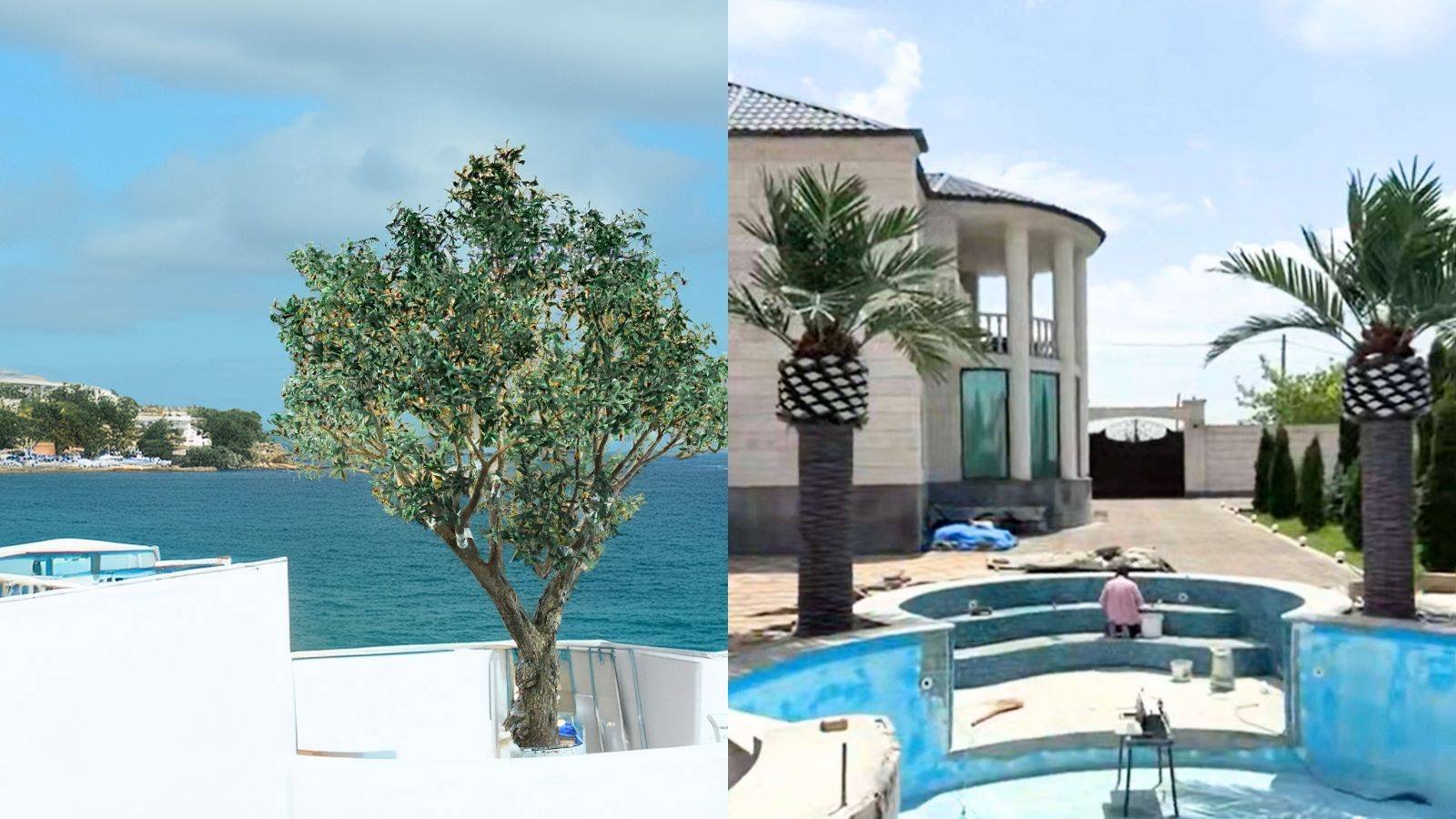
In Dubai, a design studio ordered a 3.5-meter dark olive tree that looked premium but could also handle sandstorms. In Spain, a resort client picked large-canopy banyans to create shaded lounges. Regional preference matters.
Species Comparison Table
| Tree Type | Strengths | Suggested Regions | Recommended Height |
|---|---|---|---|
| Olive | Mediterranean texture, elegant finish | Middle East / Europe / US | 2–4 m |
| Palm | Strong tropical look, bold lines | South America / SE Asia | 3–6 m |
Price vs. Performance: What Are You Really Paying For?
Artificial trees may look similar—but the price range can be 3X apart.
Expensive trees mean better trunks, smarter design, and longer durability. Cheap ones skip these.

Once, a project picked a cheap supplier. After 6 months, the leaves faded and trunks cracked. They returned to us for UV protection and fire retardant options. Pricing reflects lifespan, quality, and support.
Artificial Tree Cost Breakdown
| Cost Area | % of Price | Premium Model Features | Common Issues in Cheap Models |
|---|---|---|---|
| Trunk Structure | 30% | Fiberglass + textured paint | Foam coating cracks easily |
| Leaf Material | 30% | Silk print + gradient + UV-proof | Plain plastic, fades quickly |
| Assembly Design | 20% | Modular, easy shipping | One-piece, bulky and fragile |
| Style Options | 10% | Custom size, shape, layout | Same design, no variation |
| QA & Service | 10% | Proofing, warranty, smart packaging | No testing, no follow-up support |
For instance, compact packaging saves cost, our artificial trees are engineered for space-efficient packing. Each component—trunk, branches, and base—is securely wrapped to minimize volume.
Smaller packaging = lower shipping costs, easier handling, and faster customs clearance. Perfect for overseas bulk orders and project deliveries.
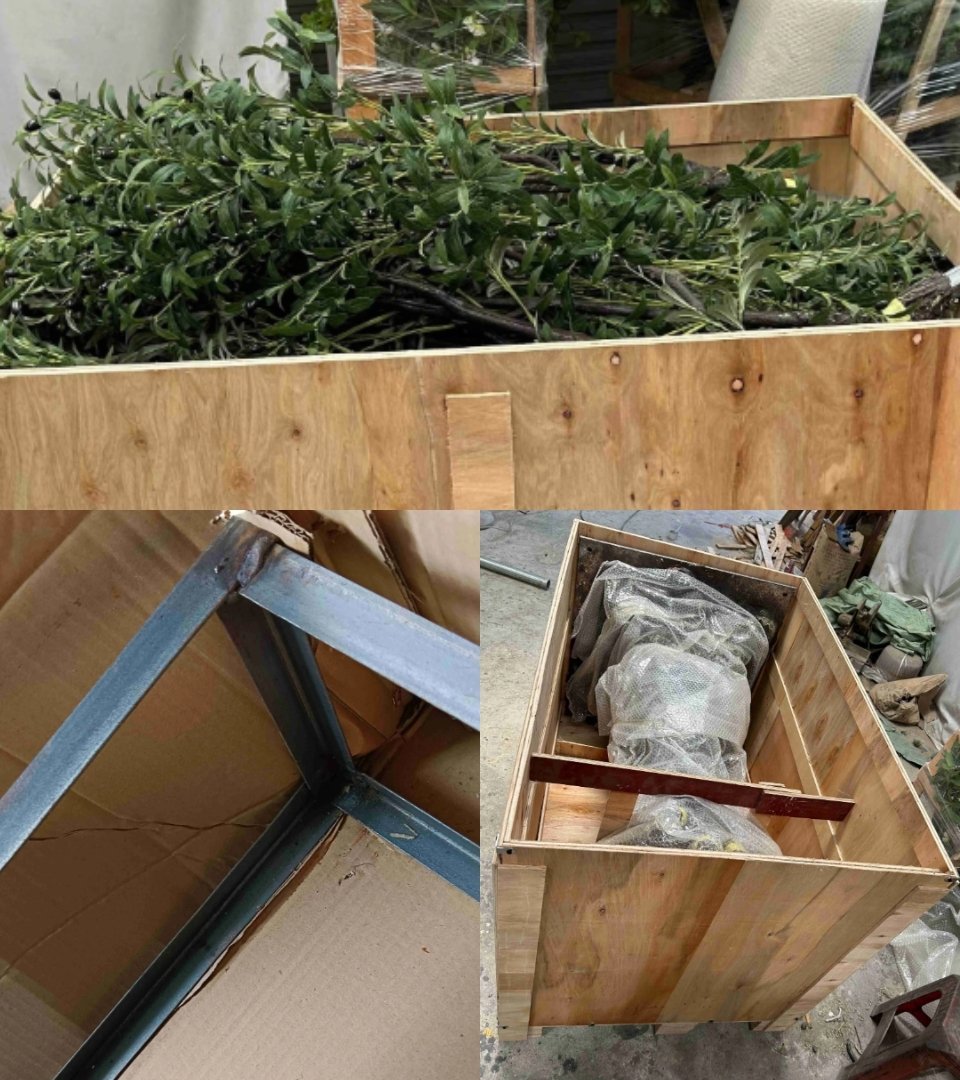
Real Project Examples: How Leading Designers Select Artificial Trees
Not all projects are created equal—and neither are the people behind them.
Top designers focus on both aesthetics and logistics. Their decisions reveal what really matters on-site.**
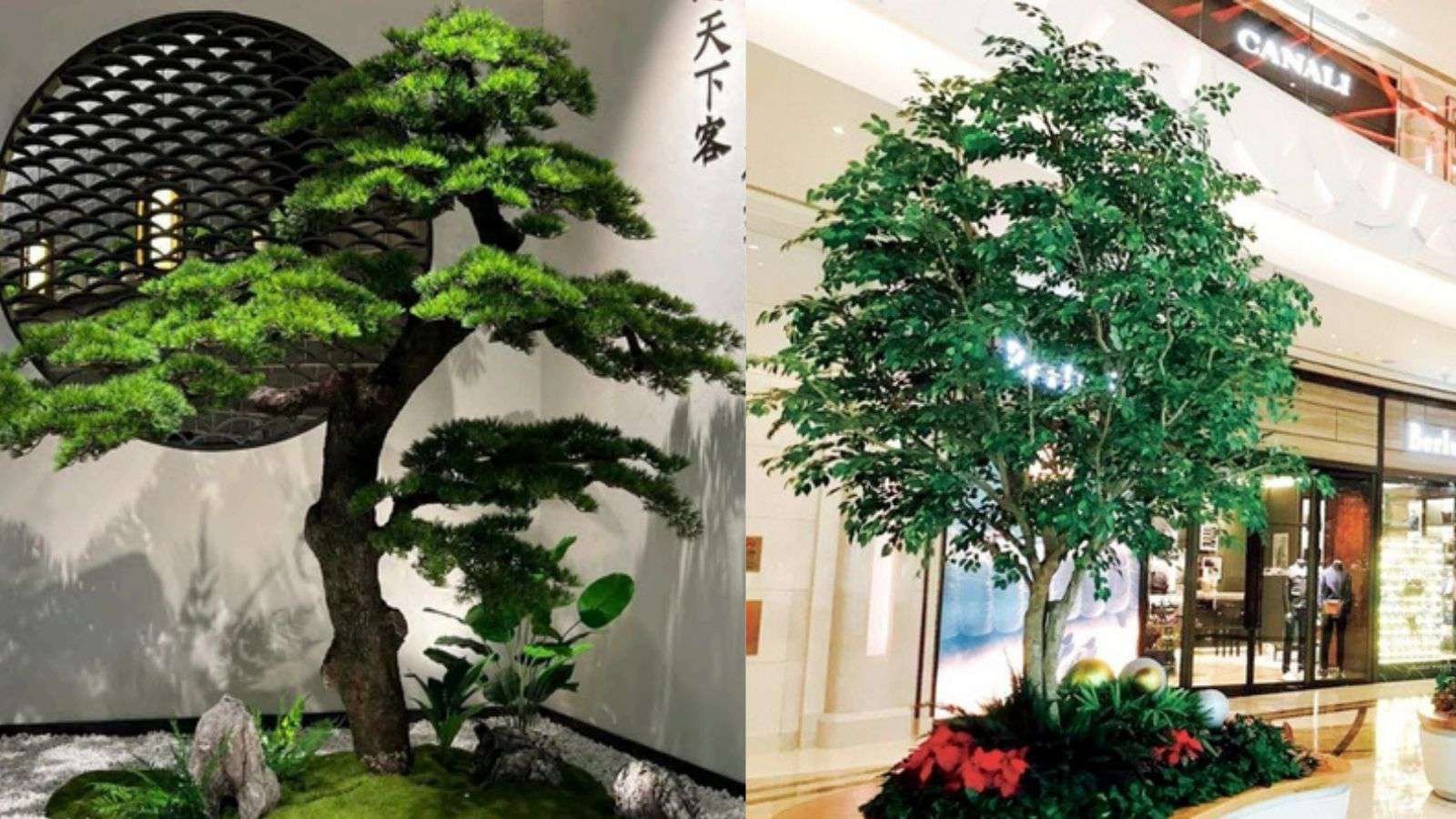
What Top Projects Teach Us
| Region | Project Type | Tree Chosen | Key Decision Factor |
|---|---|---|---|
| UAE | Boutique Hotel | 3.2m Olive Tree | Fire-safe & indoor elegance |
| Brazil | Swimming Pool | 4m Palm Tree | UV resistance |
| Spain | Mall Atrium | 4m Banyan Tree | Visual impact |
| Italy | Retail Window | 3m Bonsai Tree | Compact & stylish |
| Saudi Arabia | Villa Garden | Multi-Trunk Olive | Natural look + custom pot |
Quick Checklist: 5 Questions to Ask Before You Order Artificial Trees
A smart project starts with the right questions. These five checks help you avoid costly mistakes—before you even choose the tree.
| Question Topic | Why It Matters |
|---|---|
| Height Limit | Ensures the tree fits without blocking architecture |
| UV/Fire Resistance | Matches site’s safety and exposure requirements |
| Fixed or Movable | Affects base design and tree weight |
| Leaf Style Preference | Tailors the tree to design vision |
| Transport Limitations | Helps plan packaging and delivery logistics |
Conclusion
Choosing the right artificial tree is about more than looks. Match it to your space, your budget, and your project goals—and it will serve you beautifully.


